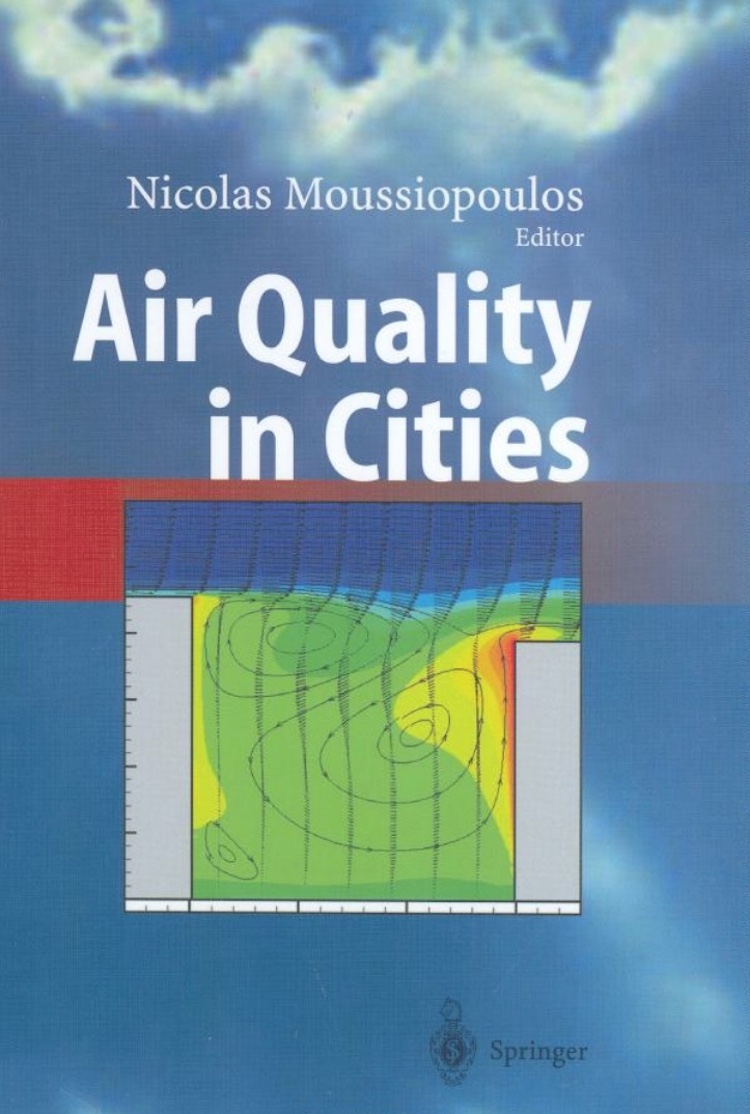Air Quality in Cities (Moussiopoulos 2003)

Reading Guide
Achievements in Urban and Local Scale Air Pollution Research: Results of SATURN, a subproject of EUROTRAC-2 within the EUREKA initiative
Urban areas are major sources of air pollution. Pollutant emissions affecting air quality in cities are considered to have adverse consequences to human health. Public and government concern about environmental issues due to urban air pollution increased in the last decades. The urban air pollution problem is widespread throughout the world and it is important to find ways for eliminating or at least reducing the risks for human health.
The fundamentals of the physical and chemical processes occurring during air pollutant transport in the atmosphere are nowadays understood to a large extent. In particular, modelling of such processes has experienced a remarkable growth in the last decades. The monitoring capabilities improved also decisively in the most urban areas around the world.
However, neither modelling nor monitoring can solve urban air pollution problems, as they are only a first step to provide useful information for future regulations. The definitions of efficient control strategies cannot be achieved without a clear knowledge of the complete pollution process, i.e., emission, atmospheric transport and transformation, deposition at the receptor.
Improving our ability to establish valid urban scale source-receptor relationships has been the objective of SATURN, one of the 14 subprojects of EUROTRAC-2. Similar to the other subprojects of this coordinated environmental project within the EUREKA initiative, SATURN brought together international groups of scientists to work on problems directly related to atmospheric chemistry and physics. The scientific results of SATURN were summarized by Moussiopoulos N., ed. (2003), Air Quality in Cities, SATURN/EUROTRAC-2 Subproject Final Report, Springer, Berlin, 298 pp.
A set of slides summarizing the contents of this book is available here:
Guide prepared by N. Moussiopoulos (4/2021). For corrections or expansions please contact us.